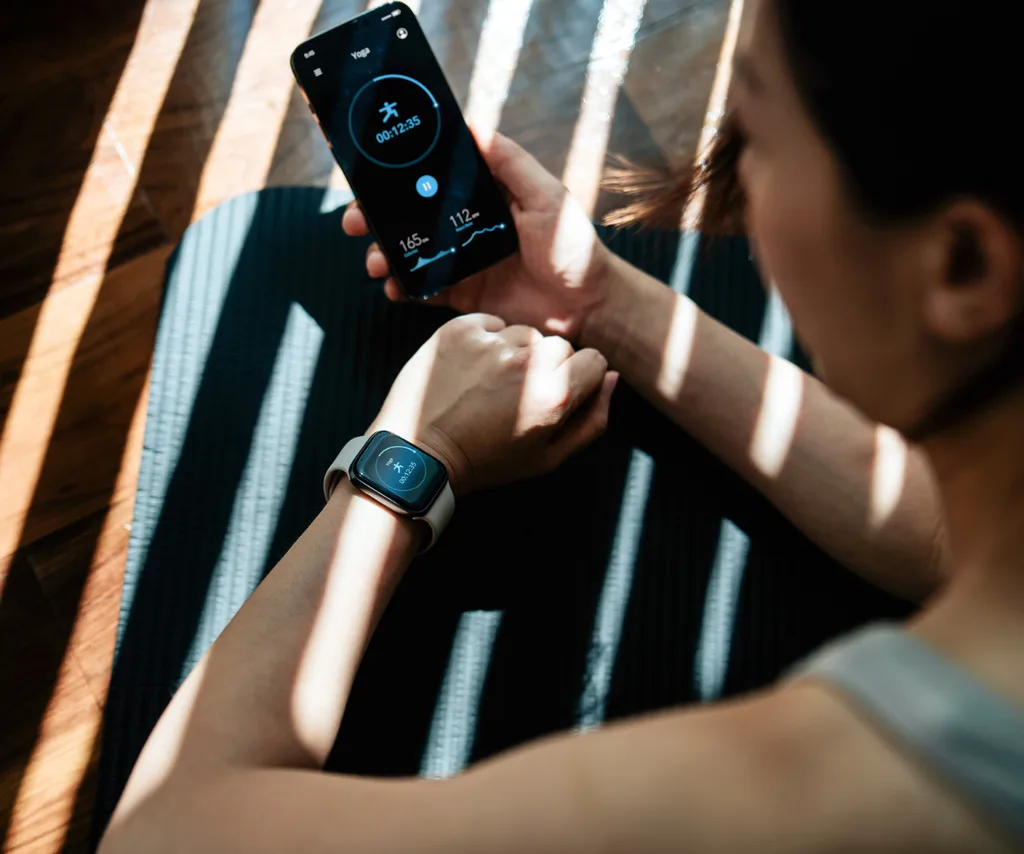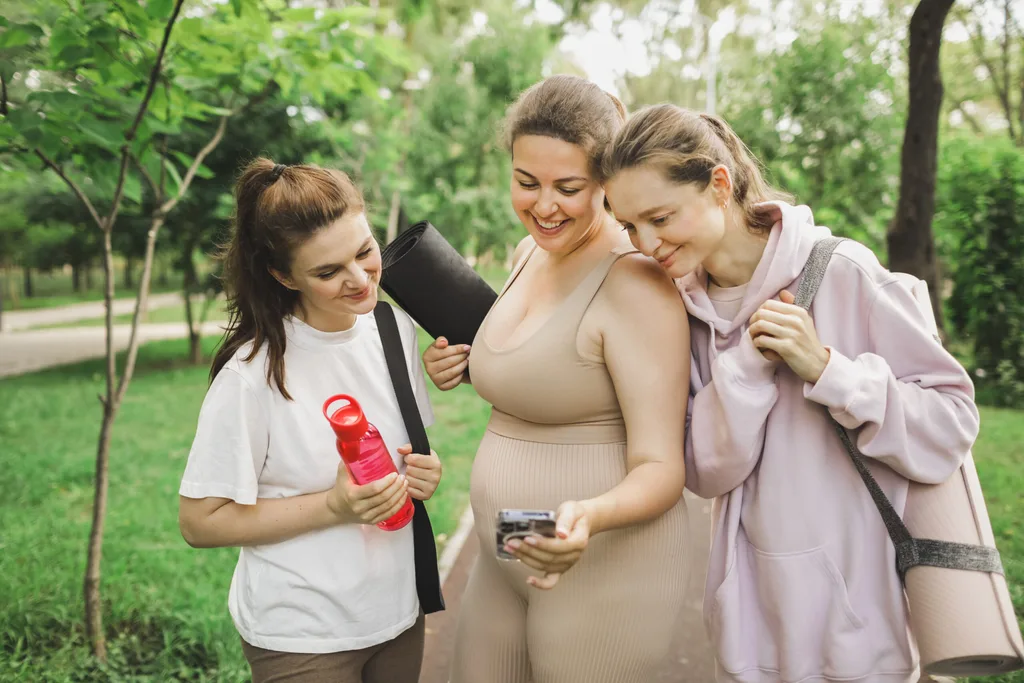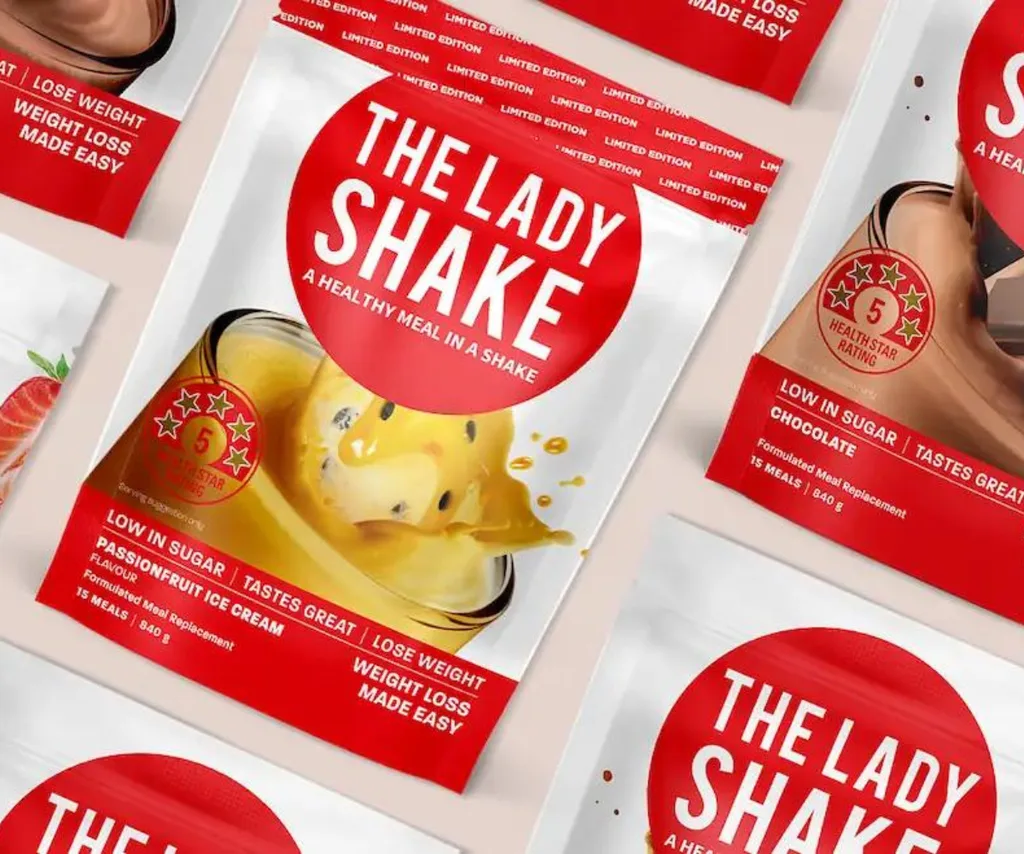According to the latest figures, more than 60 percent of Australians are overweight or obese and don’t get enough exercise. Being fat and inactive has become the “norm”. You are abnormal if you are able to overcome your excuses and stay active and trim.
Don’t flog yourself
The cause of the problem is largely understood. We live in a world where physical activity has been designed out of our environment and lifestyle. It is harder to be active these days. So how do active people do it? Do they grapple with excuses and how do they overcome them? What are your excuses?
The psychology of an excuse
In psychological terms, excuses are part of your “decisional balance”. For example, you have a “thought bubble”, in which you weigh up the reasons for going for a lunchtime walk and the reasons against it. If your list of reasons against outweighs your list of reasons for going for a walk, then you’ll probably find an excuse not to.
It’s interesting that if your list of reasons for and against are about equal, then you will feel in “two minds” about it and could be swayed, depending on the circumstances. When this happens, your final decision is based on how confident you are to go for a walk, even if there are tempting reasons not to. In contrast, active people will typically give you a long list of reasons for why they like to be active and their list of excuses will be short.
What’s your excuse?
Here’s a list of common excuses for not being active and how you can turn your negative into a positive.

Excuse: “I don’t have the time.”
Turn it around: This is false. Even the busiest people in the world make time to exercise. Have a lunchtime walk, run, swim or use a gym. If your workday is too busy, get up 30 minutes earlier in the morning. Write your exercise times into your weekly and daily scheduler.
Excuse: “I have one or more injuries which stops me.”
Turn it around:Another false belief. What you are saying is your old injury stopped you and you haven’t started again. Whether your injury was a knee replacement, back pain or paraplegia, physical activity is vital to your health and could be an important part of managing your pain and reducing the chance of re-injury.
Excuse: “I have family responsibilities.”
Turn it around: Find activities that include your partner and kids. For babies and young children, use a jogger pram to get out onto the trails for walks or runs. Get organised with drinks, snacks and distractions to keep the kids content. Break the activities into bite-sized pieces (less than 30 minutes) so your children don’t get bored.

Excuse: “I’m young. I don’t need it.”
Turn it around: Young people can feel anxious and worried about things in their lives. Physical activity helps to relieve tension and anxiety is a great mood regulator.
Excuse: “I’m too old.”
Turn it around:Physical activity benefits health at any age. For example, weight-bearing exercise, like walking, improves balance, coordination, strength and bone density and can reduce the chance of a fall. In fact, the benefits of exercise are clear which has lead to this famous cliché: “We don’t slow down because we get old, we get old because we slow down.”
Excuse: “I just can’t get motivated.”
Turn it around: Re-stated, you are saying you haven’t found an activity that you enjoy. One strategy is to find a friend to exercise with or book a session with a personal trainer. It helps to regularly try something you’ve never done before, like learning to paddle a kayak or ride a mountain bike.
Your first few times exercising after a long break can feel a little daunting. You may experience a little muscle soreness and fatigue but that’s normal and usually passes within a week. Take it easy and give your body time to adapt. After a week or two into your new routine, you’ll be loving it and wonder how anyone could come up with an excuse not be active.

The Lady Shake
Try The Lady Shake before you buy with The Starter Pack. It’s as simple as two shakes, two snacks and one meal a day. 7 flavours to try, from $99.95.











